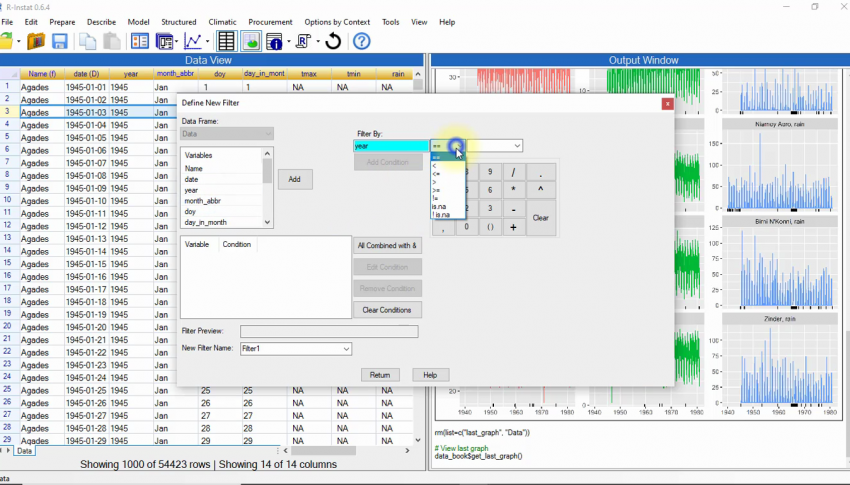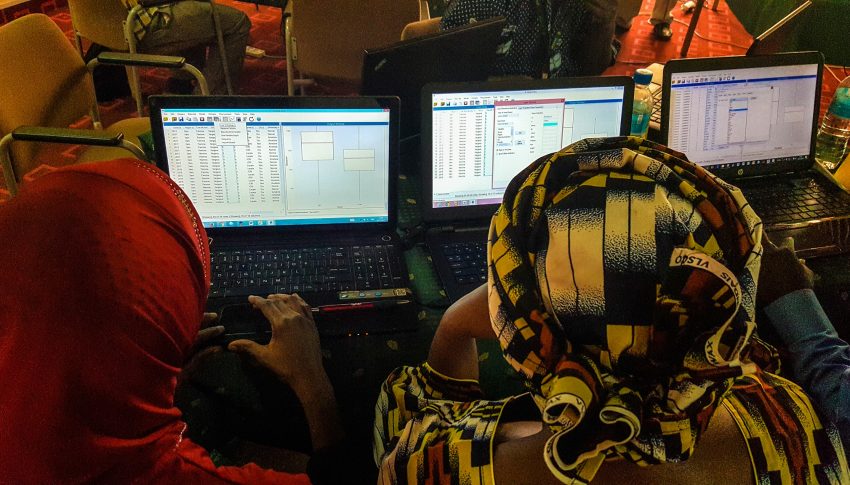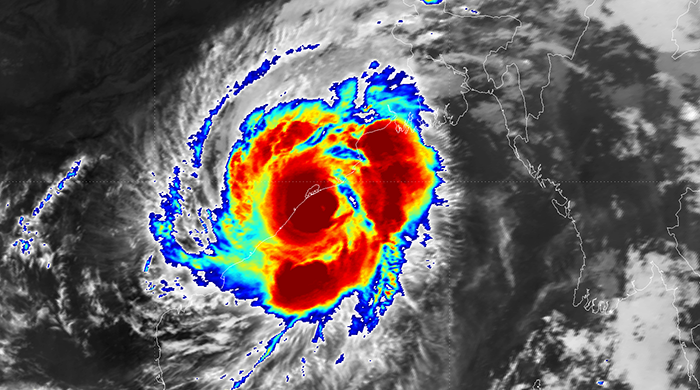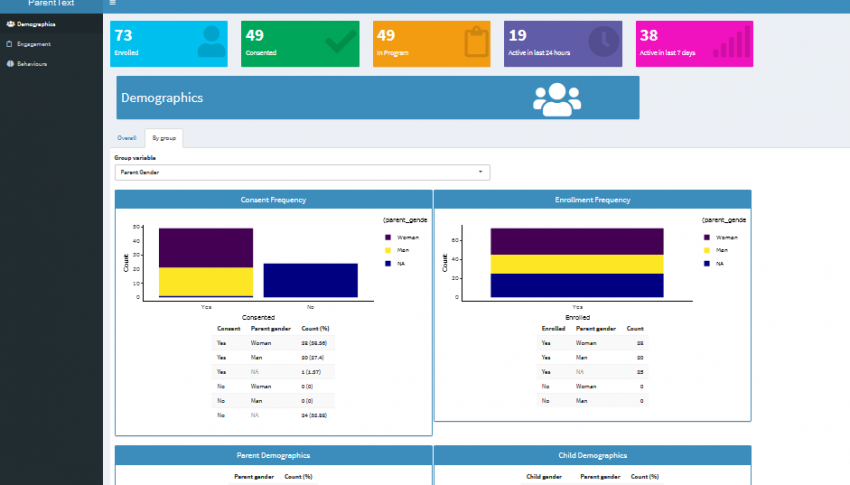Data science and research methods for social impact
IDEMS has always had a niche expertise in data science for social impact. Although this is rarely the primary focus of our work it manifests itself in many of our project as described in the list below. A common manifestation is in how research methods support we offer includes the integration of unstructured data for research. This includes supporting researchers to move beyond traditional statistical approaches that reduce complexity to control uncertainty, towards studying uncertainty while accepting complexity.
While this is one of our primary area of academic interest, it is most often deliberately approached as a secondary service to our long term collaborators. The importance of trust and respect between partners is essential to adopt the patient attitude needed to embrace complexity in data and research.
R-Instat
IDEMS’s work on R-Instat has highlighted the extensive need for customised analytic tools that integrate seamlessly into the working practices of both data specialists and subject experts. This need is not limited to a specific subject area or target audience. However, our current efforts are limited to our collaborative partners needs because building the underlying structures needed to fulfil this vision is a long term endeavour.
Research Method Support for Collaborative Crop Research Programme (CCRP)
Agroecological research brings very interesting statistical challenges due to its multifaceted nature. Agricultural research has played an important role in creating traditional scientific research methodologies, building on the principles of controlling the environmental effects to reduce variability. IDEMS is grateful to be involved in agroecological research at a time when it is challenging that paradigm.
Comparing satellite and station data
This is an area of urgent active research as satellite estimates are now becoming widely used often even mistaken for real historical data. IDEMS has been working on improved validation methods for specific agricultural use cases. Upcoming work will investigate the potential of machine learning to improve rainfall estimates, particularly for extreme events.
Parenting for Lifelong Health (PLH)
The PLH digital ecosystem is a project where researchers and implementors work collaboratively with mutual respect for the value the other brings. This is creating an inspiring example where the data needs of each can be considered in the ecosystem design enabling research evidence to be gathered at scale as an integrated part of deployments.
Responsible AI for social impact
AI is finally starting to demonstrate the kind of potential its advocates have long predicted. Whether that potential is positive or negative remains to be seen. By revisiting and revitalising the principles of statistics – that underpin contemporary data science – and ethical philosophy, we are supporting policy and practice for enlightened rather than exploitative AI development.






